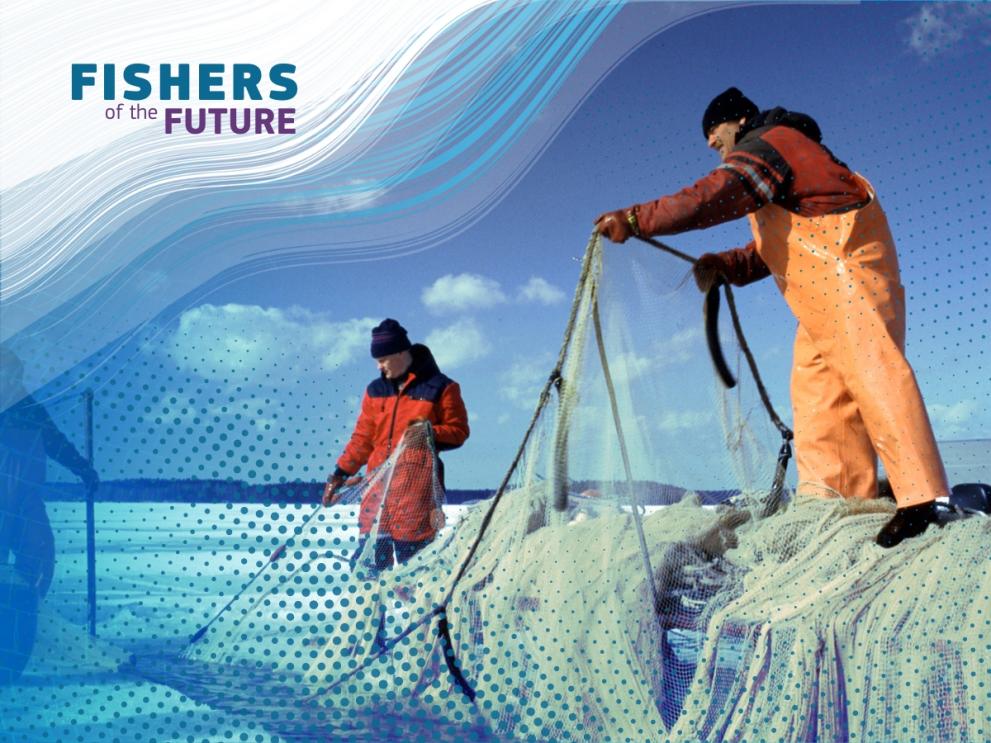Values: tradition, income.
The pendulum fisher is a 40-year-old man who lives in a small coastal community. He may be found in any of the EU sea basins but perhaps most often in the Baltic Sea or the Mediterranean. Seasonal changes condition his fishing activity with bad weather in the winter limiting activity, and better weather and the presence of tourists in the summer increasing market demand and making fishing more attractive.
He uses a small (under 12 m) ageing boat which he owns, and a variety of different passive gears such as traps or gillnets to catch a wide variety of different species. When the sea freezes in the winter or the weather is too bad to take his vessel out, he may switch to shore-based gear, such as hand-held seines or rods, but most commonly stops fishing and engages instead with other traditional activities to earn an income: farming and forestry (if he has land), construction or other temporary work he can pick up. He also devotes time to fixing his boat and gear for the summer fishing season. He’s very attached to his local area and the tradition of fishing. He knows how fragile both are, and the changes he is witnessing are unsettling him because he finds comfort in the cyclical nature of the seasons and his work.
He is observing changes in fish availability and behaviour which he doesn’t fully understand and has little ability to adapt to. He knows overfishing is an issue for some species, and while he respects the measures in place for the sake of the ecosystem, he feels that he’s not causing any damage. For him, it’s not the fishers threatening the stocks, but predator species such as seals and cormorants and the changing climate. They have seriously threatened his business, increased his workload (to repair damaged fishing gear) and operating costs, and reduced his profitability. He and his peers are frustrated with the level of government assistance, whether it is for compensation for predator damage, vessel maintenance, or adaptation to climate change.
In the past, he tried to engage actively in the local fishers’ association. But he got disheartened at the lack of policymakers’ attention to their claims and eventually discontinued his membership. Today, he feels powerless and focuses on keeping his small fishing business afloat. He has seen many of his friends and even larger enterprises go bankrupt in recent years or leave the profession by opting for the government’s fleet reduction compensation. He could be tempted too, but finds the offer insufficient to allow him to leave the job with dignity. He holds on because he believes fishers are part of the landscape and cannot disappear.
Most of his catch is sold locally, and he would like more measures to add value to the fish and improve his marketing, using online platforms and improved labelling, as he has seen done with some products. He would also like to get involved in decisions about fisheries management in planned protected areas. However, he feels thatfishers like him are not in a strong position and are always caught between ecology, technology, policy, and price.
This list of fishers’ profiles today is not exhaustive. It is meant to capture a broad range of characteristics in order to inform the next phases of the project. Possible profiles of future fishers will be published at the end of the study.

